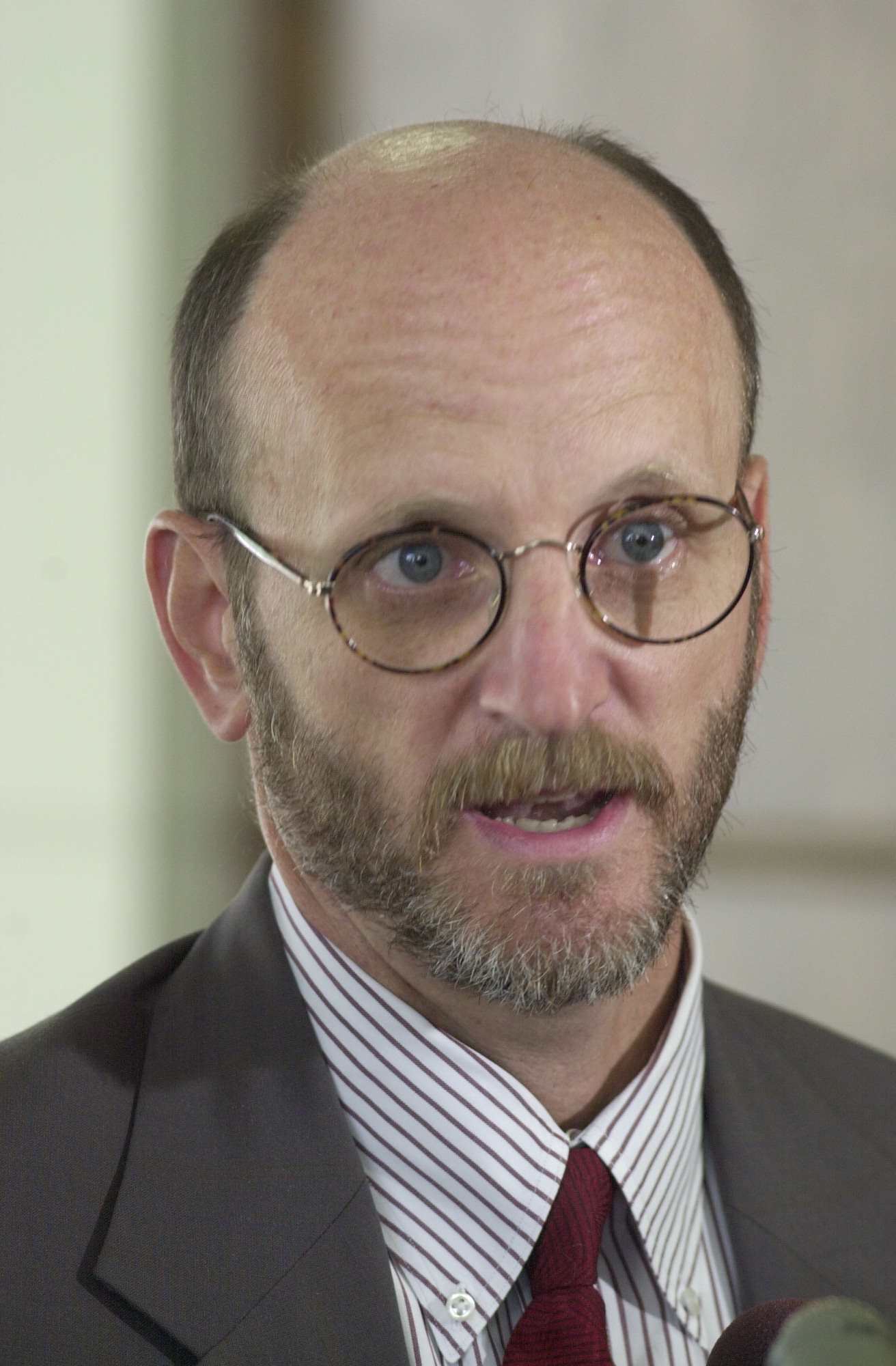The president of the federal bar association's local chapter says that if political leaders allow the country to slide off the "fiscal cliff," the results would be devastating to federal courts.
A recent report backs him up.
Local attorney and bar chapter President Christopher Varner said in a recent interview that the public rarely sees the inner workings of federal court and therefore doesn't understand the consequences of across-the-board cuts to government services that the fiscal cliff problem poses.
"Sometimes when things work well you don't notice them," Varner said.
The fiscal cliff has become the common term for sequestration, a built-in set of tax increases and deep spending cuts that would trigger on Jan. 1 without a compromise between congressional Democrats and Republicans and President Barack Obama before the end of the year.
The Administrative Office of the U.S. Courts reported to Congress in October that the federal courts budget would be cut 8 percent, or $555 million.
That would mean cutting a third of the court staff, a five-week furlough for remaining staff, and suspending all civil jury trials for the last six weeks of the next fiscal year.
Figures on the local courts in Chattanooga, Greene-ville and Knoxville were not immediately available.
Varner said local judges have managed to cut costs and leave some positions unfilled to have a budgetary cushion if cuts take effect, but at some point the strain on employees and services is too great.
The report noted that funding for U.S. marshals and probation services would be reduced, resulting in less monitoring of convicted criminals on probation.
He strongly criticized the stalemate in Washington, D.C., on the problem.
"The thing about the fiscal cliff is it's indiscriminate. It's the easy way out," Varner said. "No one has made any value judgments; in other words, no one's governing."
Local private attorney John Cavett has worked civil and criminal cases in federal courts for more than 25 years.
He said there are two major considerations when looking at criminal cases and funding. First, if the courts can't pay attorneys to represent indigent defendants, then prosecutors can't move forward on cases.
"I suppose people may not realize the interplay or impact of the constitutional right to a trial," he said. "That is a sacrosanct right."
The other thing to consider, Cavett said, is safety. And in that regard, not all budgets are created equal.
"If you don't have the national park open this weekend, you close the gates, send the workers home, that's a bad thing," Cavett said. "But if you start letting criminals out of jail because you can't keep the system afloat, that could be a very bad thing."
